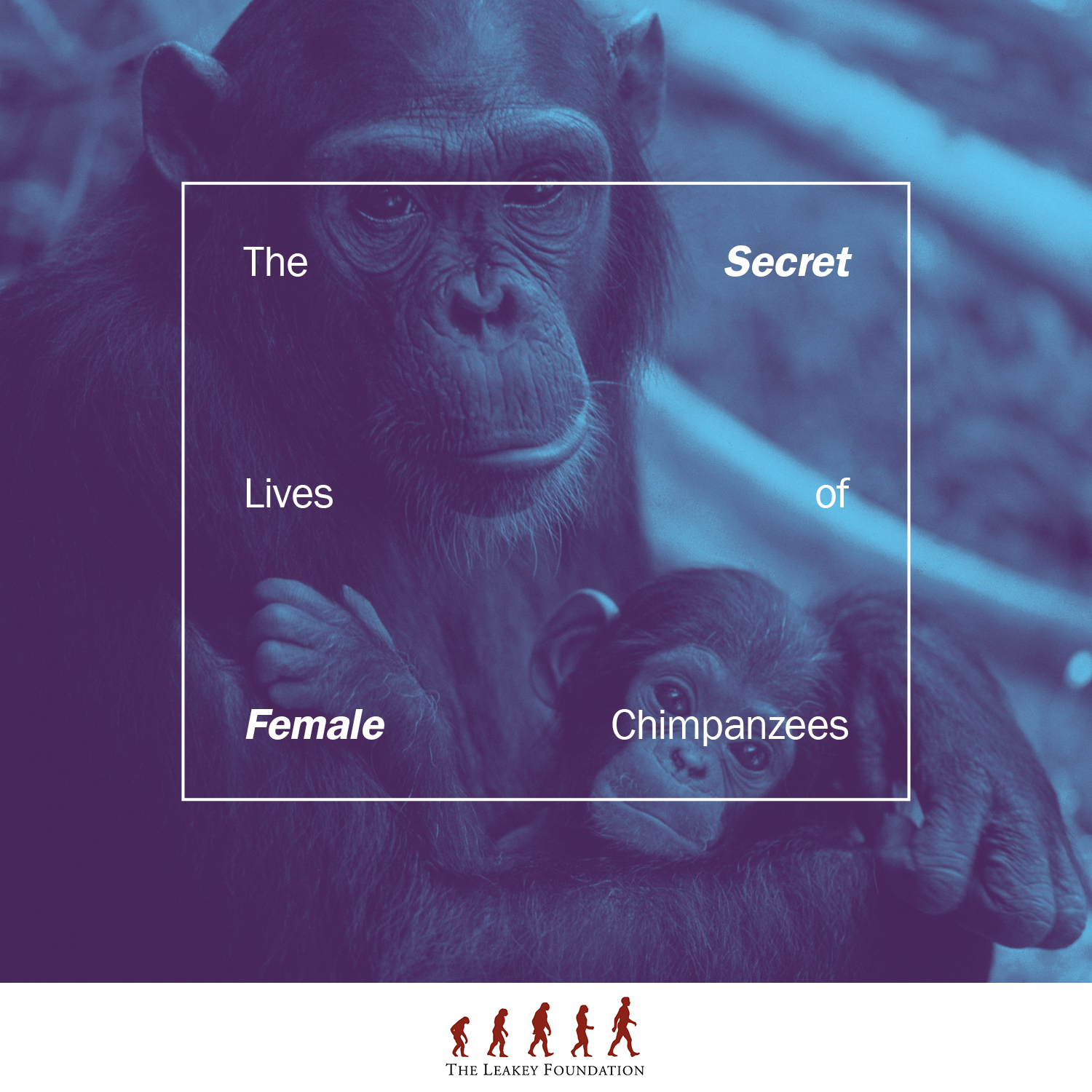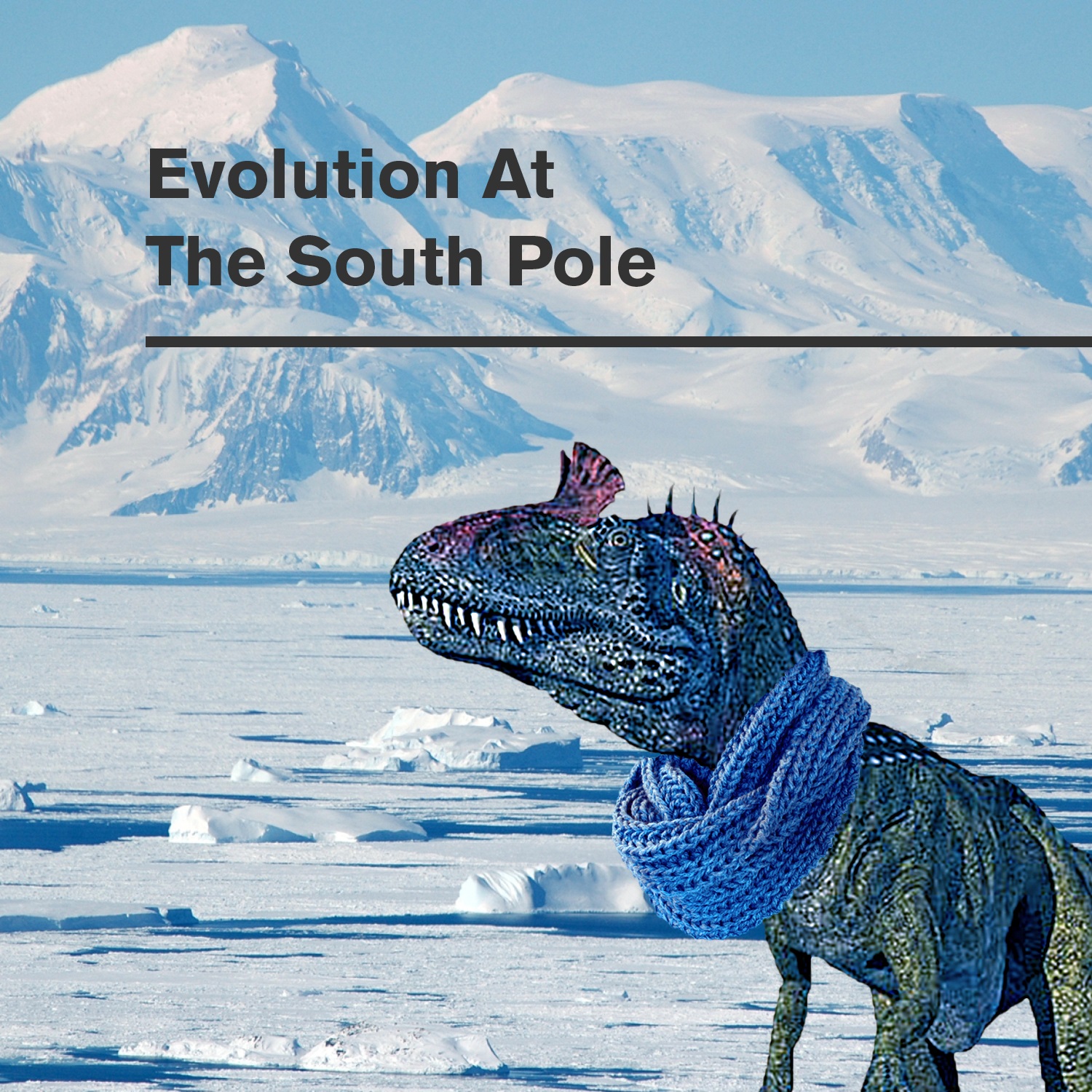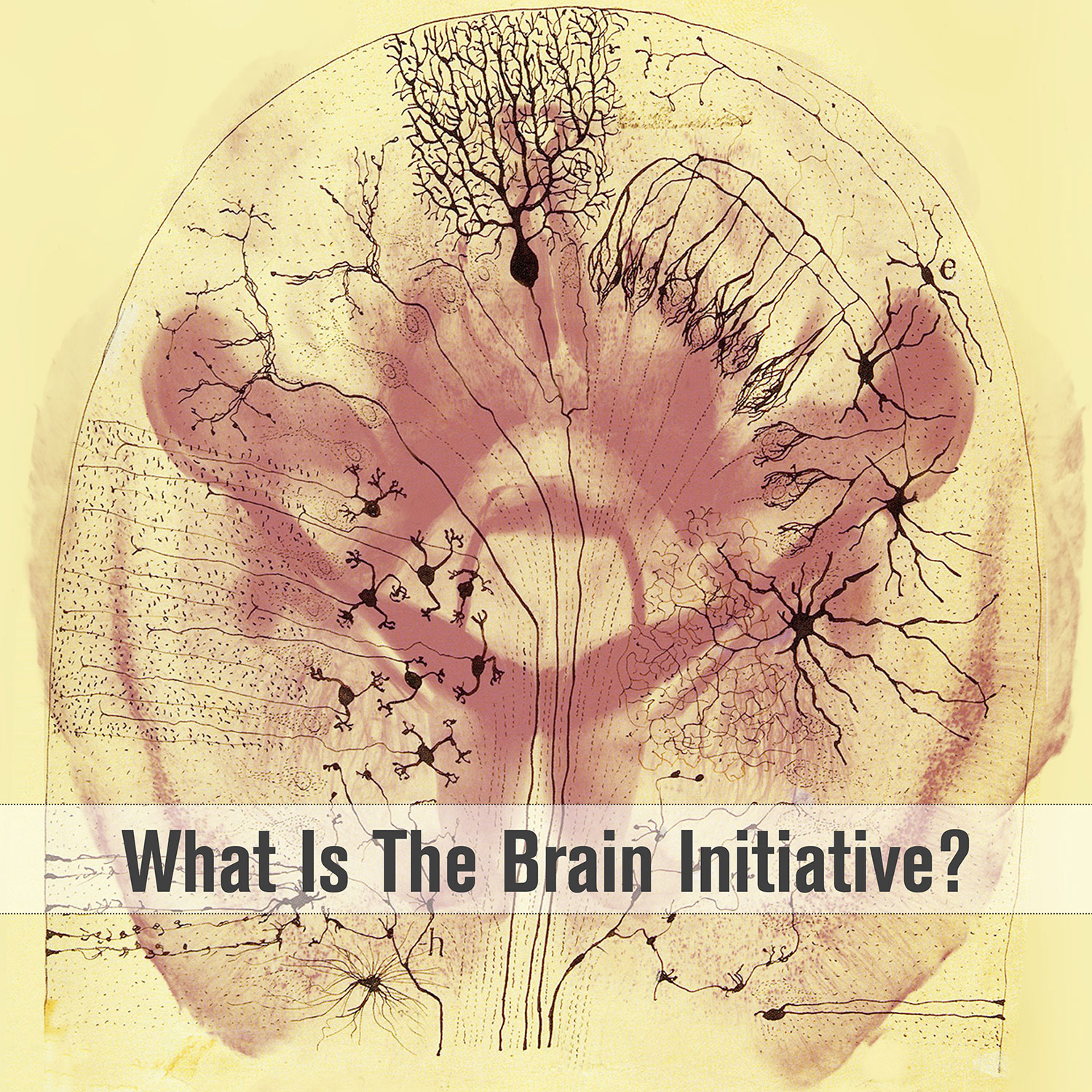Upcoming Events
C2ST achieves its mission by hosting relevant, independent, and credible public STEM programs across all scientific fields at locations throughout Chicagoland. With nine out of ten program attendees’ expectations fulfilled, our supporters agree that C2ST is accomplishing its mission of increasing the public’s understanding of science and technology.
We are dedicated to providing a professional and inclusive environment for everyone, regardless of gender, gender identity and expression, sexual orientation, disability, physical appearance, body size, race, age, or religion. Please be respectful of diversity in individuals and in cultures at our events.
Miss an event? Anyone across the globe can access our STEM program library by visiting our YouTube channel, C2ST TV. Also be sure to follow us on Facebook, where we livestream many of our programs.
Check out below what programs we have planned and discover what we’ve hosted in the past.
Privacy Policy
As a guest of Chicago Council on Science and Technology (C2ST), you agree to be photographed, videotaped, or filmed and grant C2ST permission to put the finished footage/photography to any uses that it may deem proper including marketing, advertising (print, radio, and television) and PR-related activities.
We only have access to/collect information when you sign up for our programs or that you voluntarily give us via email or other direct contacts from you. We will not sell or rent this information to anyone. We will not share your information with any third party outside of our organization.
Filter Events
August 17, 2016
Chicago Public Library, Harold Washington Center
400 South State Street, Chicago, IL, USA
Program Series:
Life Science
Female apes are easily overshadowed by their larger, more boisterous male counterparts. Thus, the nature of female social relationships has been shrouded in mystery. The subtlety of social behavior in female chimpanzees belies a complex set of strategies that allow them to navigate the costs and benefits of group life.
Cannabis abuse during adolescence increases the risk of developing psychosis and prefrontal cortex (PFC)-dependent cognitive deficits later in life. The CB1 cannabinoid receptor has long been known to mediate the psychoactive effects of cannabis, yet the mechanisms underlying such vulnerability remain unknown. Here, I will discuss data from my lab and others showing that long-lasting deficits in prefrontal functions can occur following repeated exposure to cannabinoids during adolescence. Read more…
February 2, 2016
Geek Bar Beta
1941 West North Avenue, Chicago, IL, USA
Program Series:
Life Science
The Rupununi region of Guyana is a mix of lowland savannas and tropical forests. The vast savannas include an expansive network of wetlands that connect the Guyana’s main river drainage, Essequibo River, to the Amazon River during the rainy season. This unique biogeographic feature influences fish communities of the area. One of the fish species found here is in dire need of protection. Read more…
October 7, 2015
Revolution Brewing
3016 N Albany Ave, Chicago, IL 60618, USA
Program Series:
Life Science
Chicago Council on Science and Technology and the Field Museum are proud to present “Evolution at the South Pole” as part of the Field’s Evolution at Revolution series.
Hosted by Emily Graslie of the BrainScoop, the series serves as an exploration of evolution with Field scientists.
October 1, 2015
Northwestern University, Chicago Campus, Baldwin Auditorium
303 East Superior Street, Chicago, IL, USA
Program Series:
Life Science
The Brain Research through Advancing Innovative Neurotechnologies, or “BRAIN Initiative,” is a major research program recently announced by the National Institute of Health.
September 1, 2015
Geek Bar Beta
1941 West North Avenue, Chicago, IL, USA
Program Series:
Life Science
It is well-known that there is strong relationship between socioeconomic status (SES) and health outcomes. What is behind this association and why does it matter? In this talk, Dr. Tallman will speak about the links between SES and health outcomes and how psychological stress may be a key factor in understanding the SES gradient in health.



